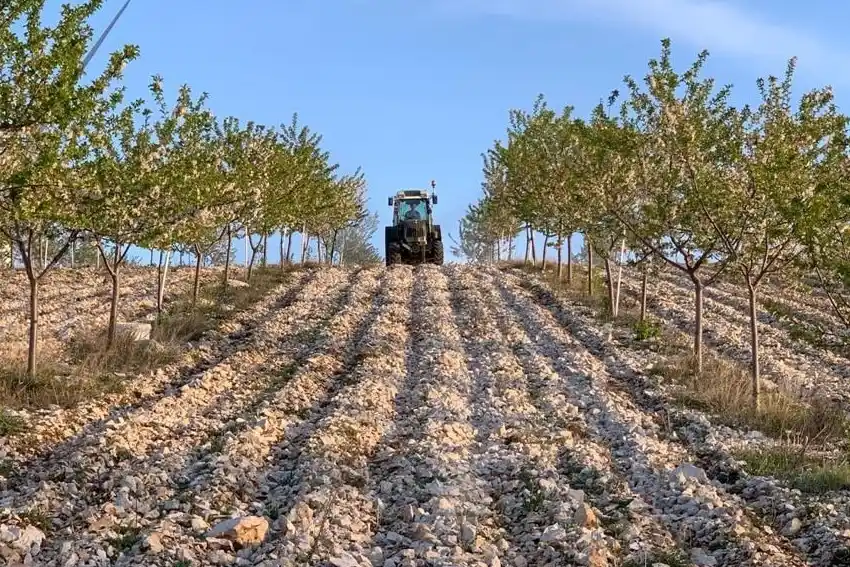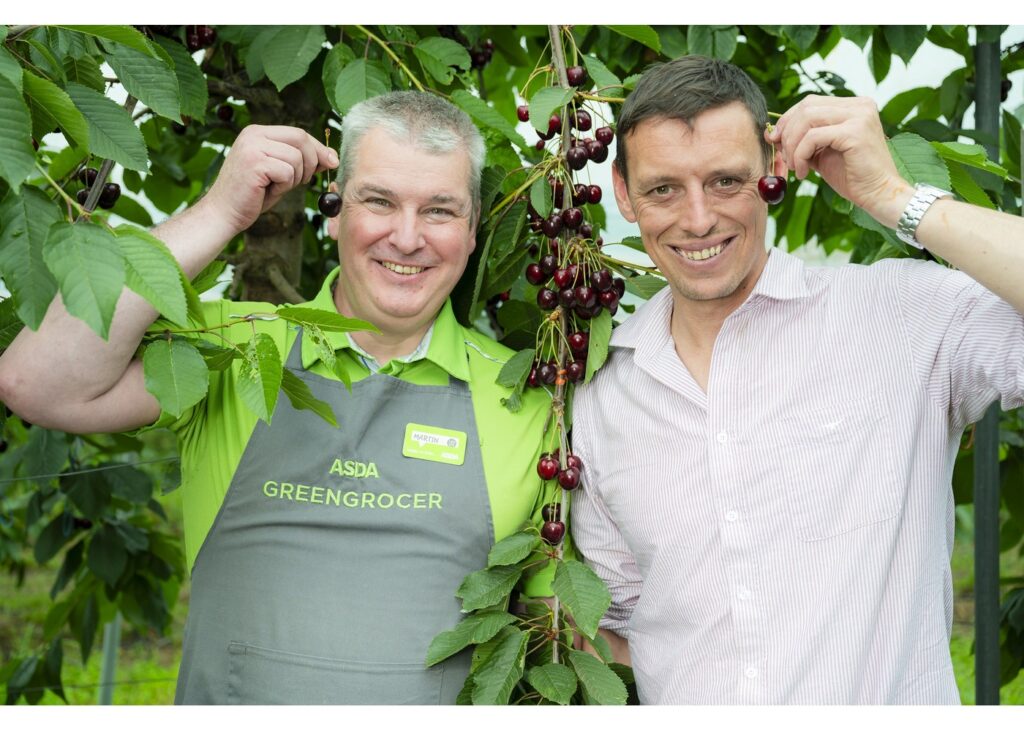Salinity stress has an impact on more than 7% of dryland agriculture and more than 30% of irrigated crops worldwide. Normal plant growth and development are affected by high concentrations of salt ions, particularly sodium (Na+). This leads to both biochemical and physiological changes in various tissues, which in turn lead to agricultural losses and significant deterioration of plant ecosystems.
Most plants are not tolerant to salinity and are gradually more susceptible as salt concentrations increase. Salinity has a substantial impact on photosynthesis, which in turn directly affects the plants' ability to assimilate carbon and decreases organic matter production. Salicylic acid is a key phytohormone in the regulation of numerous biochemical and physiological processes in plants.
It has been reported to be used in the cultivation of plants, contributing to their ability to resist adverse environmental stressors, including salinity, dehydration, heat, and osmotic stress. The investigation conducted at Shanghai Jiao Tong University evaluated the efficacy of salicylic acid in mitigating the damaging effects of salt stress on cherry rootstocks and studied the molecular mechanisms behind the applications of this phytohormone.
These results can serve as a theoretical basis for the cultivation of cherries in salinised soil. Two-month-old cherry seedlings (cv. Gisela 6) were maintained in a greenhouse at Shanghai Jiao Tong University, Shanghai, China, with an 8-hour dark/16-hour light cycle and a temperature of 23 ± 2 °C.
The morphology of the cherry rootstocks was observed under salt stress conditions, independent of salicylic acid application. The salinity resistance of cherry rootstocks was generally improved by the application of an appropriate dose of the hormone under study. Some leaves started to yellow in the leaf margins already after four days after treatment.
As the experiment was extended, the impact of the salt stress maintained an upward trajectory. The basal foliage of the plants in the salt-stressed group had yellowed or fallen at 16 days from the start of the treatment. The cherry rootstock seedlings in the mitigation treatment with salicylic acid showed comparatively superior growth, with only a few yellow spots appearing after 16 days.
A portable photosynthesis instrument was used to measure a number of photosynthetic parameters in order to understand the impact of salt stress on plant growth. Under salt stress conditions, the plants showed a substantially lower rate of photosynthesis compared to the control ones.
Salicylic acid spraying also prevented the decrease in photosynthesis. In summary, the ability to mitigate the negative effects of salt stress on cherry rootstock through the administration of a 1 M salicylic acid solution by foliar spraying was demonstrated.
This treatment demonstrated a number of beneficial effects, such as regulation of the expression of genes associated with phytohormone metabolism and stress-related transcription factors, alleviation of osmotic stress caused by Na+ toxicity, improvement of photochemical efficiency (resulting in increased net photosynthetic rate), and enhancement of antioxidant enzyme activity to mitigate oxidant-induced damage.
The efficacy of the application of salicylic acid as a valid strategy to improve the salinity tolerance of cherry rootstocks is strongly supported by these results.
Source: Xu, J., Xu, Y., Wang, Y. et al. Exogenous Salicylic Acid Improves Photosynthetic and Antioxidant Capacities and Alleviates Adverse Effects of Cherry Rootstocks Under Salt Stress. J Plant Growth Regul 43, 1428–1446 (2024). https://doi.org/10.1007/s00344-023-11195-6.
Image: SL Fruit Service
Cherry Times - All rights reserved










